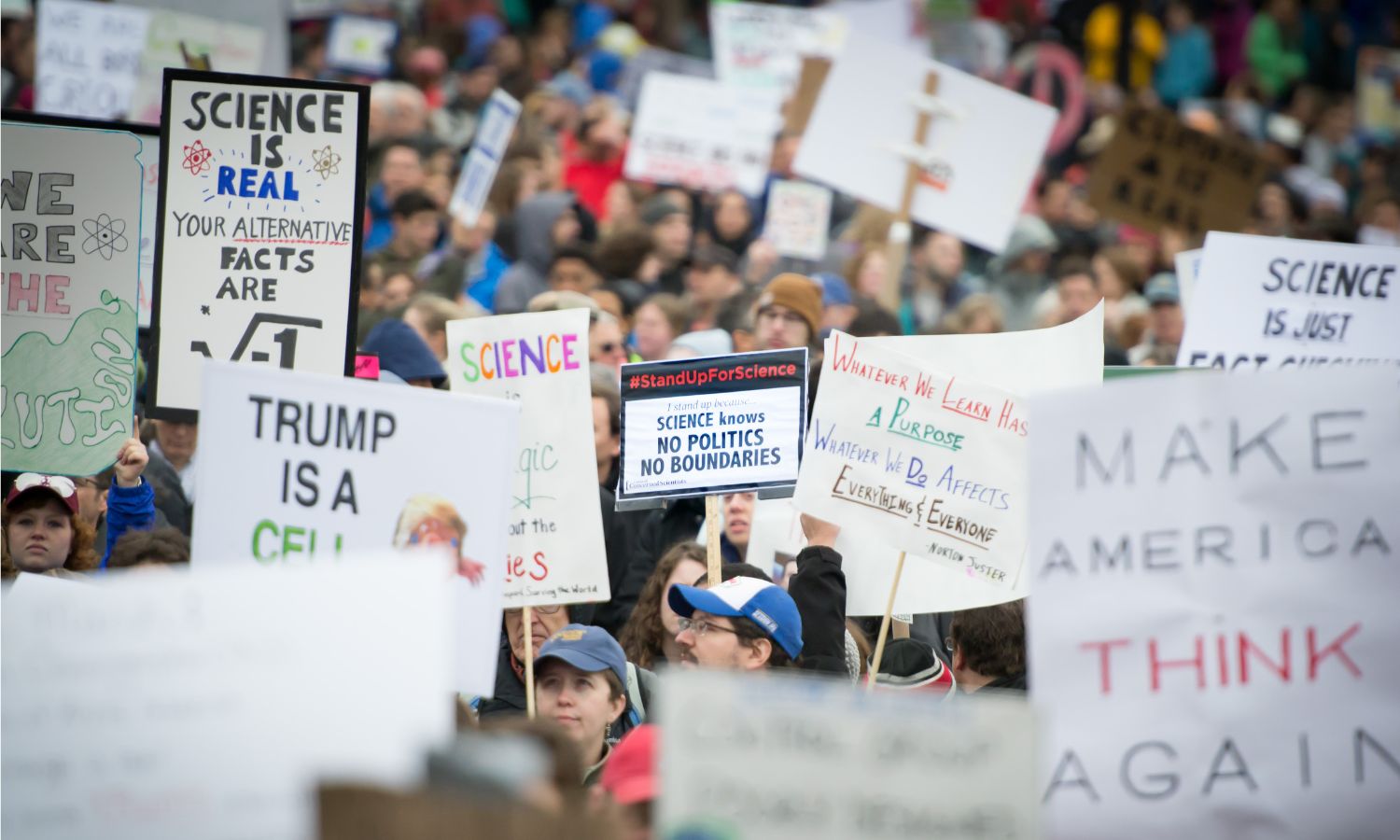
Wildlife Breakthrough: Zebra Tracking Cameras Capture Unprecedented Giraffe-Zebra Migration Patterns
In a fascinating wildlife study, researchers equipped six zebras with specialized collar-mounted cameras, offering an unprecedented glimpse into the intricate daily lives of these striped savanna dwellers. The innovative approach revealed surprising insights into animal behavior and social dynamics. The study uncovered an intriguing potential relationship between zebras and giraffes, suggesting that these two distinct species might form a unique symbiotic partnership in the wild. By staying close together, they could potentially enhance their collective survival strategies, with each species offering different advantages in predator detection and defense. These remarkable cameras captured intimate moments of zebra interactions, movement patterns, and environmental challenges, providing scientists with a ground-level perspective rarely seen before. The research not only advances our understanding of zebra behavior but also highlights the complex social networks that exist in African grassland ecosystems. As researchers continue to explore these interspecies relationships, the findings promise to shed light on the sophisticated survival mechanisms that have evolved in the animal kingdom, demonstrating once again the remarkable adaptability of wildlife.










